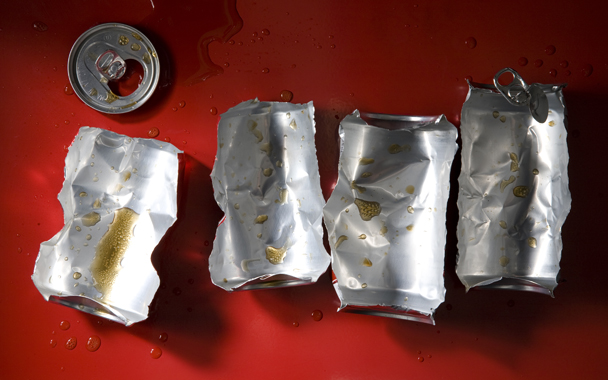Another scientific nail was hammered into the coffin of bisphenol A (BPA), a compound used to make hard plastic food-storage containers, including bottles for baby formula, soft drinks, and water. Writing in a recent issue of the journal Environmental Health Perspectives, a group of Argentinian researchers reported that female rats that ingested BPA when young suffered lifelong changes to hormones that control reproduction.
The lab rats, which were exposed to the plastic during the portions of their lives that corresponded to infancy through sexual maturity in humans, showed unusually early signs of puberty and had abnormal ovulation cycles. This study is the first to show that such changes can occur to mammals exposed to BPA after birth; earlier studies restricted themselves to looking at prenatal exposure to the much-used chemical.
In another recent study of BPA, a group of Canadian government scientists cheerfully announced that BPA levels in soft drinks poured from cans lined with the substance were well under Health Canada’s “tolerable daily intake” level for adults. That struck me as good news, until I read a little farther into the paper, published in the Journal of Agricultural and Food Chemistry, and discovered that measurable quantities of BPA were found in virtually all the popular brands of carbinated beverages tested.
Frankly, I don’t like the idea of drinking any BPA, period, in my cola. True, the FDA assured the nation that the stuff was safe, even for baby bottles, last summer, but the agency ended up with egg all over its face when its own internal scientific oversight committee said that the research behind the official blessing of BPA was riddled with holes and innacuracies.
Will the latest scientific reports sway the agency? I doubt it. So I’ll continue to avoid plastic beverage containers with the number 7 printed in the recycling triangle, an indicator that BPA is in the bottle—and probably the beverage.




 Pinterest
Pinterest


